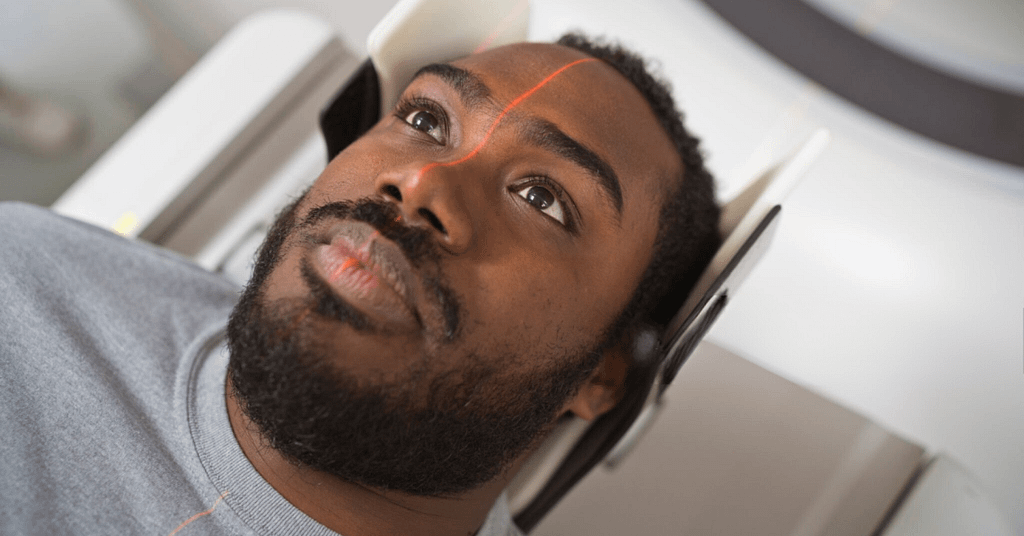So the truth is beginning to finally come out. In recent years we have been failing to meet most of the government targets set to deal effectively with cancer. Slipping down the lists of worst outcomes in similar countries. What is the answer to this? Let’s change the targets!! OMG, we have been paying the best brains in the country to help us, against it’s ever increasing challenges with this awful disease. So much time and money has gone into it, and things are getting rapidly worse.
But we are reassured, that our new targeting framework, has been discussed thoroughly with NHS England, Macmillan Cancer, Cancer Research, and other charities. But correct me if I’m wrong, aren’t these the very people that have presided over the failures that are occurring now? The same old faces, being well paid and honoured, whilst presiding over basic failure. How can we expect anything to improve, whilst still relying on Government lapdogs, awaiting more scraps from the healthcare purse?
Cancer care in the UK is in crisis. Years of austerity and chronic underfunding of the NHS, have left services stretched perilously thin. Waiting times for diagnosis and treatment, continue to lengthen, while staff shortages and inadequate resources hamper efforts to deliver timely, high-quality care. Now, proposals to downgrade cancer services, threaten to exacerbate an already dire situation.
If implemented, these measures will almost certainly lead to preventable suffering, and unnecessary loss of life. The plans currently under consideration, would see specialist cancer surgery centralized, in fewer hospitals, with several units facing closure. While proponents argue this will improve outcomes in the remaining centres of excellence, experts warn it will make services less accessible for many patients. Long journeys for surgery and follow-up treatments, place a huge burden on cancer sufferers, many of whom are too unwell to travel far.
This, risks delays in diagnosis, and life-saving operations. Likewise, plans to move some cancer care into community settings sound good on paper. However, they require investment in skilled staff, equipment and facilities – funding that has not been forthcoming. Without adequate resources, community providers cannot hope to deliver the meticulous, expert care that cancer patients rely on. Watering down services, and spreading them thinner, risks seriously impacting quality of care. Meanwhile, continual erosion of cancer workforce levels, poses a grave threat.
Staff shortages across nursing, specialty cancer doctors, and allied health professionals, are now at crisis point. This brutal lack of human resource, directly translates to delays, late diagnoses and rushed consultations, where doctors do not have the time to discuss options properly, or provide psychological support. Burnout and poor morale are fuelling an exodus of staff, disillusioned with the unbearable stresses of working in crumbling cancer services. Cancer outcomes lag behind other comparable countries, with survival rates worsening over the past decade. The UK was ranked a dismal 16th out of 20 European countries for one-year survival in the latest CONCORD-3 study.
While deprivation and risk factors play a role, experts cite under-resourcing of services, as the primary culprit. With cancer incidence in the UK expected to surge by over 60% in the next 20 years, failing to address resourcing shortfalls, will prove disastrous. Rising cancer waiting times are perhaps the clearest indication services are failing. Over the past five years, wait times for lifesaving cancer surgery have ballooned. 1 in 10 patients now wait over a month to begin treatment, after a decision to operate. Excessive delays allow tumours to grow, and cancer to spread. This significantly worsens prognosis, and survival outcomes.




Failing to tackle delays may reverse hard-won gains in cancer survival. Likewise, MRI and CT scan shortages leave patients in limbo for far too long. Growing backlogs for staging scans, can critically impact the window for beginning treatment. Cancer organizations warn shortages risk “creating a perfect storm”, jeopardizing patient outcomes. Sadly, the human cost of these pressures is immeasurable. Behind the statistics, are real people facing heart-breaking diagnoses, without access to expert help and support. Patients denied prompt treatment, or forced to travel miles from home, often experience much poorer quality of life in their final weeks and months. And many lose their lives unnecessarily.
A lowest-bidder approach to cancer care is neither ethically acceptable nor fiscally responsible in the long run. The cancer care crisis unfolding in the UK warrants urgent action. Government must inject targeted funding to improve workforce levels, equipment and capacity. While tough economic conditions engender, difficult spending decisions, short-changing cancer patients is an intolerable false economy. It makes little financial sense to risk the health, productivity and lives of millions.
Patients battling cancer, desperately need the system on their side. They deserve convenient access to expert care, innovative treatments, psychological support and timely operations. Ensuring excellent cancer services requires investment today to save lives tomorrow. The true measure of a society is how it cares for its most vulnerable. With bold, comprehensive reform, we can still deliver the world-class cancer care patients across the UK deserve. The future of the nation’s health depends on it.
You can find a good summary of this situation from Cancer Research. Our country has worked so hard to improve all areas of cancer, since my own diagnosis. But in my opinion, what we are witnessing today, will take us generations to recover from. If we ever can. Leaving cancer in this current impasse is totally unsustainable across the globe.
As always these are my personal opinions based on my experiences. If you would like to share your own please comment below.






